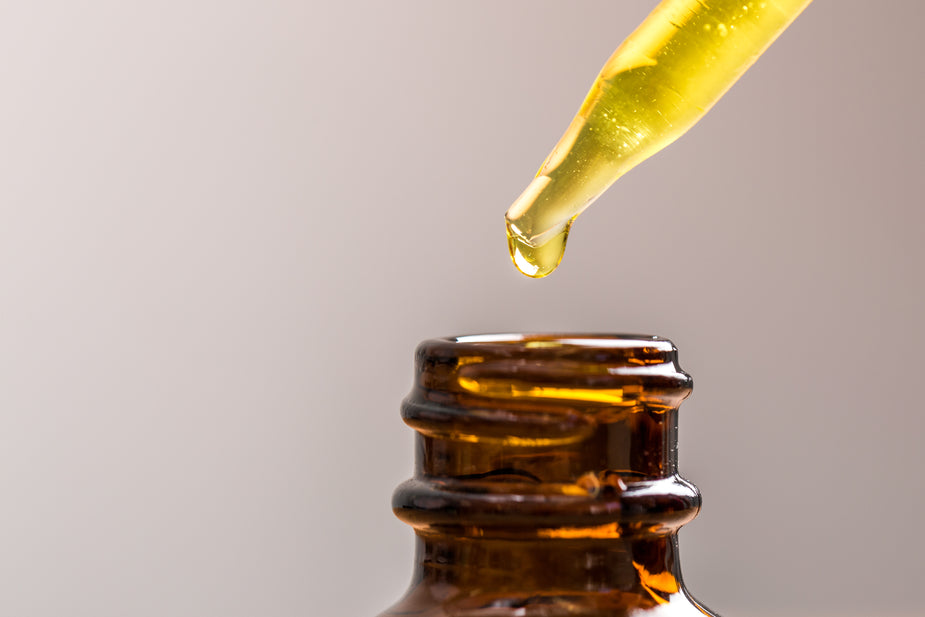Read on to learn more about what they are and why you should use them.
Aromatherapy is a complementary and alternative medicine (CAM) treatment that uses essential oils to heal and treat different diseases and conditions123. Research shows that essential oils, used alone or as a combination therapy, can offer relief from ailments like depression, headaches, insomnia, respiratory issues, and joint and muscle pain2.
Q: How do essential oils work?
A: Once the essential oil reaches your system, it renews and works on the affected area2.
Q: What are the benefits of essential oils?
A: Many essential oils are1:
- Anti-inflammatory. Inflammation and inflammatory disorders cause pain and swelling and can lead to activity limitations or a loss of function in the affected area. Essential oils, like chamomile and tea tree, have pain-relieving properties.
- Antimicrobial. One study found that essential oils were effective in treating dental problems caused by infections when antibiotics were unresponsive.
- Antioxidants. Antioxidants protect your cells from stress, damage, or injury. The antioxidative activity of essential oils like oregano is affected by its extraction.
- Anticarcinogenic. Essential oils may have anticarcinogenic activities to help block the development of cancer-causing cells and tumors. Experts believe that some essential oils have the potential to block carcinogenic activity associated with liver, lung, and colon cancers. However, researchers are still exploring how and why this happens.
Q: How do we get the oils?
A: Essential oils are plant extracts. These oils can come from anywhere on a plant – its flowers, stem, leaves, and even roots2. This process can include water or steam distillation, evaporation, extraction, and thermal desorption13.
Q: How are essential oils used?
A: You can use essential oils in several ways. You can inhale them, ingest them (when used to cook), apply them directly to your skin, or even add a few drops to your bath. Use carrier oils to dilute your essential oils before applying them directly to your skin to lower your risk of skin irritation2.
Q: What are some essential oils?
A: Tea tree, Oregano, Lavender, Peppermint, and Frankincense are all examples of essential oils with documented therapeutic properties.
Q: Are all essential oils the same?
A: No. Each plant material has a different characteristic. And the composition of essential oils is closely related to the extraction method1.
Summary
Essential oils are a natural and safe way to treat and heal diseases and injuries2.

